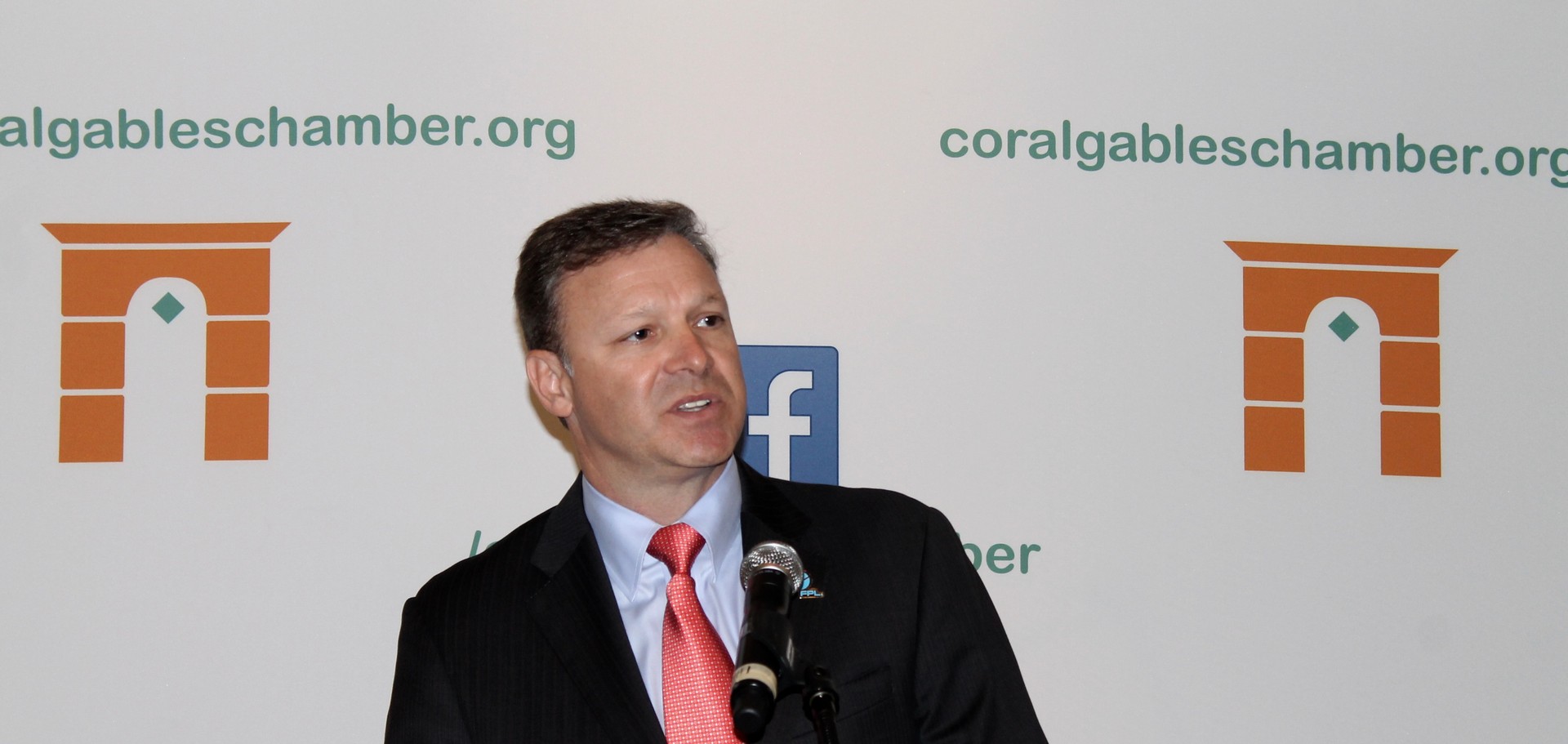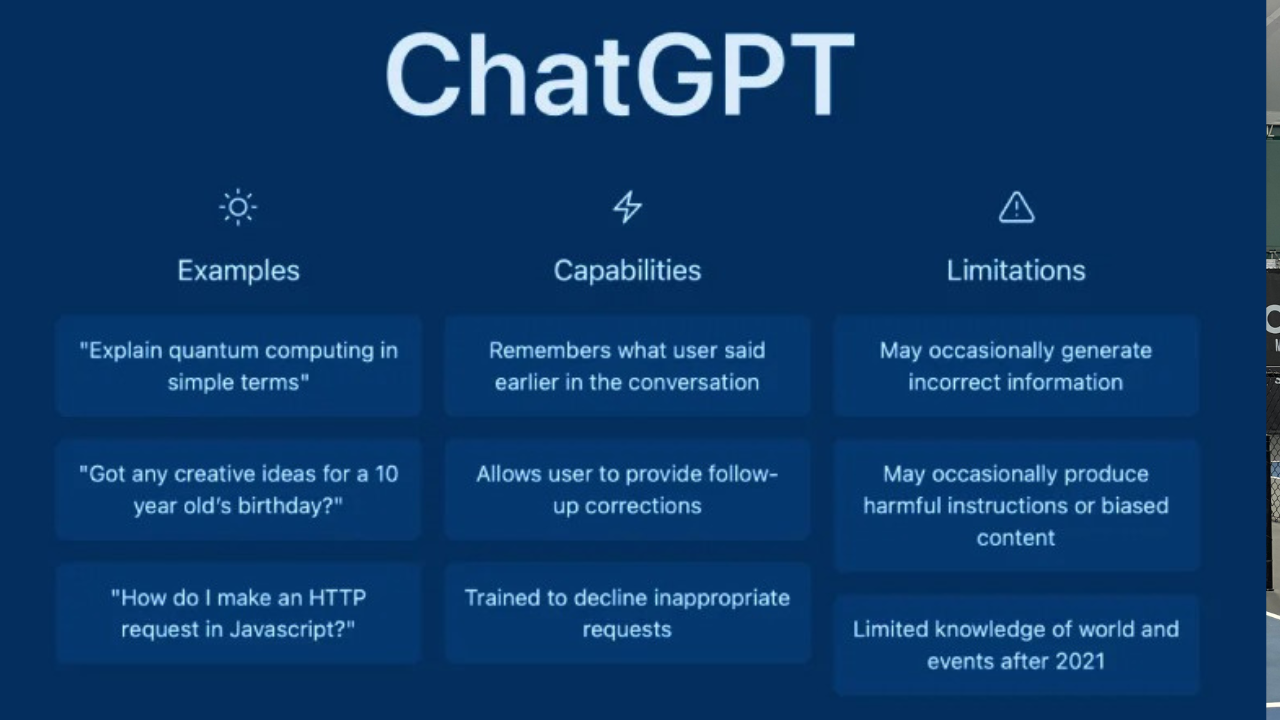The CEO of Florida Power & Light spent most of a talk Wednesday describing how the company is cutting pollution levels and becoming more efficient, but first he addressed a controversy surrounding the Turkey Point nuclear power plant.
Eric Silagy, who is president and CEO, said he has read “quotes that plant is leaking. That is false.”
What’s really happening at the planet involves tritium, which is produced in small amounts at the plant, Silagy said at a luncheon of the Coral Gables Chamber of Commerce.
The amount of tritium produced by the plant is regulated by the Nuclear Regulatory Commission. The Environmental Protection Agency regulates how much can be in drinking water.
The highest reading at Turkey Point is nearly 80 percent less than the EPA cutoff for the amount that’s safe for drinking water, Silagy said. That’s in the plant’s cooling canals and a nearby area of Biscayne Bay. Nobody is going to be drinking from that. Even if they did, it still wouldn’t hurt them, he added.
A 2011 Associated Press article stated that tritium has leaked from three quarters of U.S. power plants. None were known to have reached public water supplies.
An NRC document says tritium is one of the least dangerous radionuclides because it emits very weak radiation and leaves the body relatively quick. It can’t penetrate the skin.
There are also some isolated pockets of ammonia caused by plant decomposition along the cooling canals, he said. “We’re going to remove it. … We’re going to manage that more proactively.”
A March 7 Miami-Dade County report expressed concern about waste water from cooling canals migrating to Biscayne Bay and the Biscayne Aquifer. On March 22, the Southern Alliance for Clean Energy and the Tropical Audubon Society said they would sue if regulators don’t take action within a 60-day period.
In February, a federal judge said the utility and state needed to address a saltwater plume emanating from the plant. There has been concern that the plume could eventually reach drinking water sources.
Silagy said the utility is working with county, state and federal regulators to deal with any issues.
FPL, a subsidiary of NextEra Energy (NYSE: NEE) has invested $15 billion in recent years to modernize its plants and cut the amount of fuel oil it uses, Silagy said.
While utilities in many other states are complaining about stricter EPA emission standards for plants, the cost for FPL to comply will be zero, he says. “We’re done.”
The result of FPL’s investments has been 35 percent lower CO2 emission, 71 percent lower NOX emission and 97 percent lower SO2 emissions, according to a slide Silagy showed. He called it the “equivalent of taking tens of thousands of cars a year off the road in Florida.”
The investment has also cut the amount of fuel oil used from 40 million barrels a year in 2001 to 825,000 barrels last year, including 190,000 just for testing – saving about 17 super tankers full of fuel a year.
Plants at River Beach and Port Everglades use much cleaner burning natural gas now. Silagy said the Port Everglades plant would be fully online within two days.
Silagy calculated customer savings at $8 billion from lower fuel costs. Bills are 15 percent lower than they were in 2006.
The company is also building three new solar plants with 1 million panels each by the end of the year. To give an idea of how big that is, 1 million panel would stretch from Tampa to Chicago if they were put end to end, Silagy said.
The company is using technology to make the power grid more reliable and able to fix itself when there are problems, Silagy said. Sometimes customers are surprised to get a visit from repair personnel telling them they are there to fix a potential problem.
Another technology is the use of drones that can beam high-definition pictures back to engineers in the control room. Altogether, the use of drones, smart grid devices and other innovations have saved 100,000 trips for repair trucks and crews.














